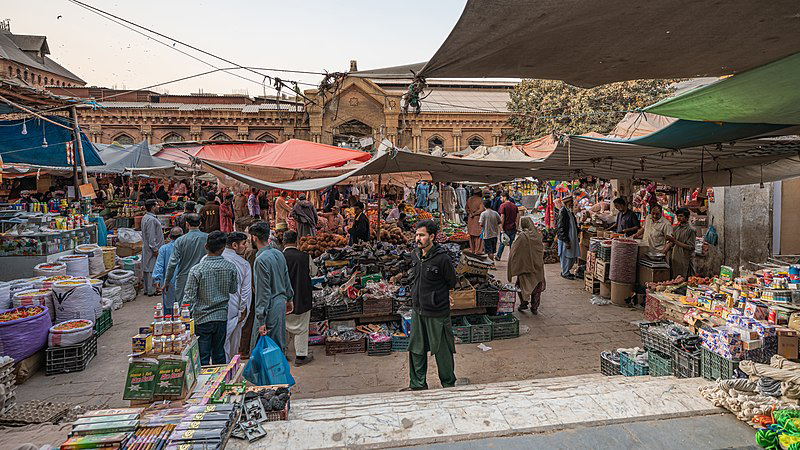 Pakistan
Pakistan Pakistan's middle and lower-income groups might be struggling this year during Ramadan amid spiraling prices
Islamabad: Pakistan's middle class and low income groups might be finding a tough time this Ramadan amid rising prices of products.
With low earnings, certain sections of the society could be facing the challenge and feasting after 12-hour fasting might be difficult for them.
"All responsibility lies on the government to ensure the availability of edible items at cheaper rates not only throughout the year but especially in the holy month. As the government is more occupied in political and economic chaos besides pinning hopes on approval of the International Monetary Fund loan (IMF), it is hard to expect any special measures that could bring any impressive price relief," Pakistan's leading newspaper Dawn News wrote in its report.
While consumers have witnessed a price spiral in the last year, the government is not in a position to offer any huge subsidies or duty/taxes relaxations to lower prices. Any efforts to curtail prices by lowering taxes and duties may irk the IMF ahead of loan approval, the newspaper reported.
And a price fall of 10-20 percent will not appease consumers unless they plummet by at least 30-40 percent.
Instead of giving any benefit, the government has recently raised the general sales tax (GST) on many items to 18 percent from 17 percent and 10 percent federal excise duty on fruit juices, making ghee/cooking oil and packed juices costlier.
The government has hardly moved in taking any serious notice of the frequent price hike in food items, thus giving a free hand to the manufacturers and market players to jack up prices at their whims.
General Secretary Karachi Retail Grocers Group Farid Qureishi told Dawn News, “I am making two types of ration packs for charity distribution for Ramazan in the holy month: one bag costs Rs 4,000 and carries flour, sugar, rice, pulses, tea, salt, oil and ghee, gram and vermicelli. The other ration bag costs Rs6,000 and has more quantity of products."
“Last Ramazan, we managed these items at 40-50pc lower rates,” he said, adding that “we could not add rice as good quality basmati rice sells between Rs300-500 per kg now as compared to Rs 150-300 per kg last year.”
Support Our Journalism
We cannot do without you.. your contribution supports unbiased journalism
IBNS is not driven by any ism- not wokeism, not racism, not skewed secularism, not hyper right-wing or left liberal ideals, nor by any hardline religious beliefs or hyper nationalism. We want to serve you good old objective news, as they are. We do not judge or preach. We let people decide for themselves. We only try to present factual and well-sourced news.







